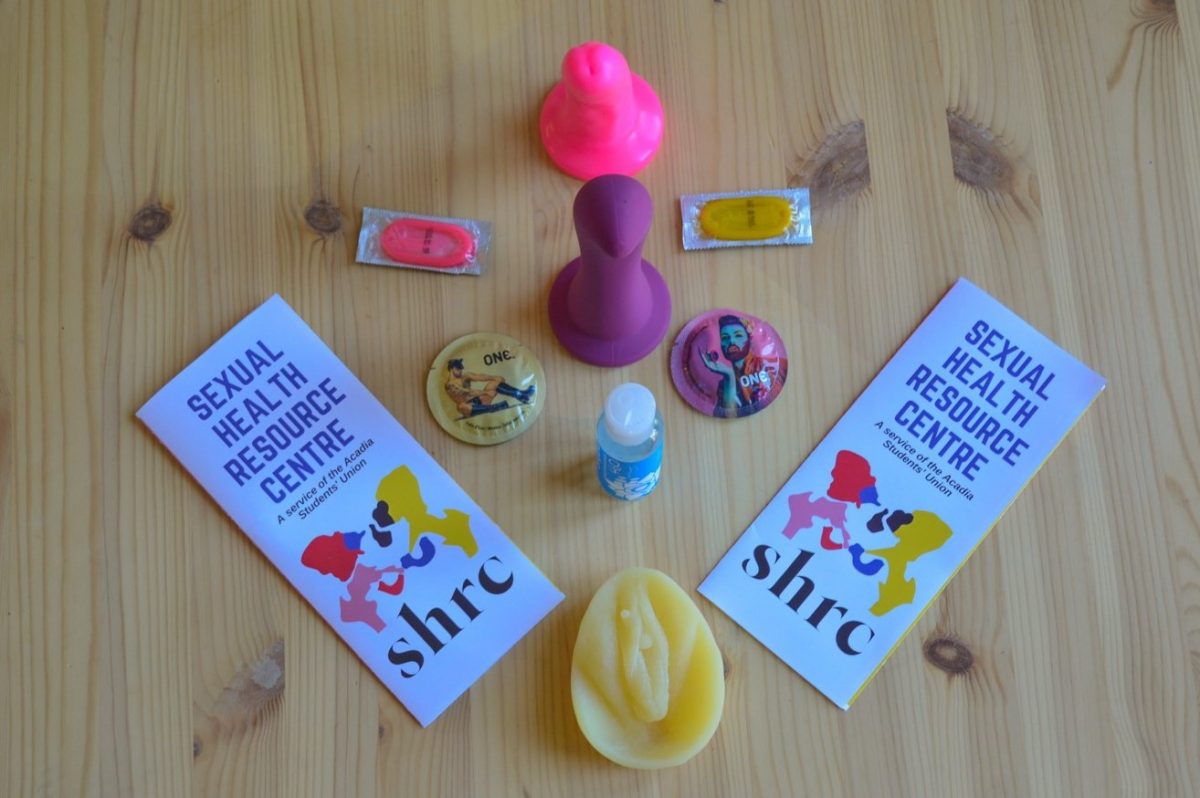Q: Someone I hooked up with a few weeks ago just told me that they found out they have Chlamydia. We used a condom during penetrative sex, but not during oral sex. I haven’t noticed any symptoms, so do I really need to get tested for STIs? Also, I have hooked up with a new sexual partner since then. I feel really anxious! What if I have chlamydia too? What if I have to tell my most recent sexual partner that I gave them Chlamydia?
A: Thanks so much for your question! First, I want to emphasize that it is totally normal to feel some anxiety when a partner tells you that they have tested positive for an STI. That said, Chlamydia is a super common STI (sexually transmitted infection), especially amongst young adults ages 20-24. While it is spread primarily through vaginal and anal sex (the infection is carried in semen/cum, pre-cum, and vaginal fluids) it can also be spread through oral sex. So while you were proactive in using a condom during penetrative sex, there is still a chance that your partner may have transmitted the infection to you during oral sex, or during some other genital contact where there was no barrier. Moving forward, you can consider using a dental dam during oral sex to provide a protective barrier (FYI- we have free dental dams at the SHRC).
Even if you aren’t experiencing any symptoms, you should still get tested for STIs because most people with Chlamydia don’t have any symptoms and feel totally fine! While it can definitely feel nerve-wracking, getting tested for STIs is an important way we can take care of our own sexual health, and ensure we have safer and enjoyable sexual encounters. You can easily book an appointment to get tested at our Acadia’s Student Health Services by phoning 902-585-1238 (For more information on what to expect when getting tested for an STI, visit https://www.theasu.ca/shrc-resources). A routine STI test will include a urine test (for folks with penises) or a vaginal swab (for those with vulvas). However, because you indicated oral sex as the most likely place for transmission, you should also ask for a throat swab. This is because some STIs, like Chlamydia, can actually be spread from genitals to the mouth/throat. This is actually more common than you would think! If your test detects chlamydia, the infection can be easily cleared up with antibiotics. The same doctor who helped you with your STI test can follow up to prescribe treatment.
If you do find out that you have Chlamydia, you’re right—you should let your most recent sexual partner know. It’s up to you how you contact this person—maybe a text message is more comfortable for you than an in-person conversation. What matters is that you provide the basic information to this partner so that they too can be aware of the situation and get tested themselves.
Lastly, it is important to remember that you haven’t done anything wrong or shameful by contracting an STI. Unfortunately, there are a lot of societal messages that can dictate how we feel about sex, and sadly these ideas often carry a lot of shame, stigma, and general anxiety. This shame means that there is often judgment attached to infections and diseases that are transmitted through sexual contact. But, you asking this question is an important step in reducing that stigma through creating more open and inclusive narratives about STIs. The more we talk about sex in general—including STIs—with people in our lives, the better! It helps to foster empathy, let folks know that they are not alone, and provides information on how to get the care you need.
